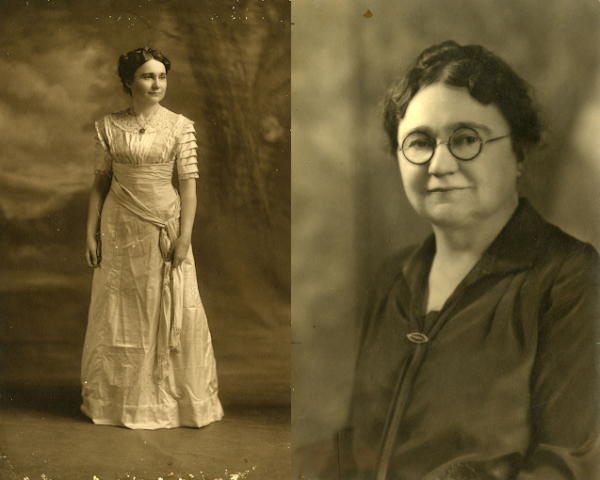Ada Limón leads campus community poetry workshop
“I am going to read 12 poems,” said poet Ada Limón. “I tell you this so that if you like what you hear, you’ll be excited to hear what’s next. And if you don’t like what you hear, you can count down how many poems are left.”
Limón read a collection of her poems during a poetry reading sponsored by the Sherwood Anderson Endowment and the Department of English and Creative Writing. Held on March 21 in the Hege Library Art Gallery, the reading was free and open to the public. Attendees were able to buy their own copies of Limón’s poetry books and have them signed by Limón. Attendees included Guilford students and members of the local community, as well as students from other colleges and universities.
“My intermediate poetry class was reading her book, and my teacher organized a bus to come over here,” said University of North Carolina at Greensboro junior and English major Catherine Titus.
Limón is the author of four books of poetry, including “Bright Dead Things,” “Lucky Wreck,” “This Big Fake World” and “Sharks in the Rivers.” She also has another book of poetry coming out in August 2018, titled, “The Carrying.”
“Bright Dead Things” is a finalist for the 2015 National Book Award in Poetry, a finalist for the Kingsley Tufts Poetry Award, a finalist for the 2016 National Book Critics Circle Award and one of the Top Ten Poetry Books of the Year by The New York Times. Limón read six poems from “Bright Dead Things,” including “How to Triumph like a Girl,” “The Quiet Machine,” “The Conditional,” “The Riveter,” “After you Toss Around the Ashes” and “Glow.”
These poems were inspired by different events or realizations that Limón has experienced. From family death to self love and finding quiet in a busy life, Limón is able to reflect on what is going on around her through writing her poems.
“You know that thing where people say, ‘Oh, everything’s going to be okay?’ Or ‘Everything’s going to be better tomorrow, everything’s going to work out, don’t worry about it.’ But what if it’s not,” said Limón. “I think we’ve all had some moments like that. (“The Conditional”) is a response to that.”
Limón spoke about her inspirations for writing poetry and how inspiration can come from a variety of people, places or events.
“Poems can be about anything,” said Limón. “Because the world is so strange and overwhelming and trembling.”
After the poetry reading, Limón welcomed questions from attendees and spoke about her writing process.
“It was such a gift to write my own words and speak them,” said Limón. “I think when people ask us how we write, there’s not a lot of silence. There’s not a lot of space for silence. And so you’re trying to work that quiet into your life. Then you’ll suddenly hear something and you realize that it’s your own voice. And that’s how poems get written.”








